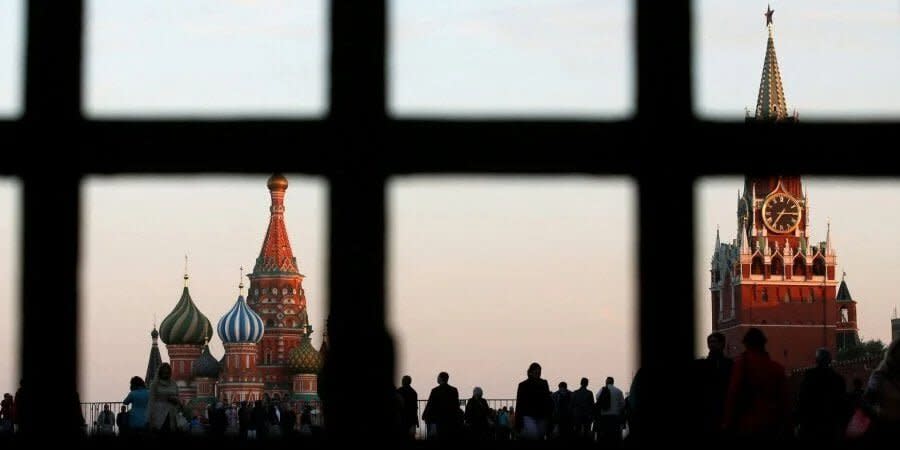Russia’s deficit hits $25 billion due to sanctions – media reports

Read also: Russia misses out on $8 billion in January due to oil price cap
According to the agency, tax revenues from oil and gas plunged 46% in January from a year ago, while there was a 59% increase in spending due to the war in Ukraine. The combination of those factors gave Russia a public deficit of 1.76 trillion rubles ($25 billion), the Russian Finance Ministry said on Feb. 6.
The drop in oil and gas revenues follows Western sanctions on Russian exports, which now include an EU ban on most seaborne imports of crude and refined fuels as well as the G-7 price cap.
Read also: Seven Theses on How Sanctions Against Russia Work
Due to those measures, Urals crude – Russia’s key export blend – trades at a significant discount to benchmark prices. In January, Urals averaged $49.48 a barrel, the lowest since December 2020, according to the Russian Finance Ministry. That compares with the average Brent benchmark price of $77.82 a barrel last month.
A decline in Russian gas exports also contributed to lower energy revenue after Gazprom PJSC cut the bulk of its shipments to Europe, once its biggest market.
Non-energy revenues also dropped 28% in January, the Russian ministry said, blaming in part a change in rules for the value added tax.
“The decline in the budget’s oil revenue is expected, but the 30% drop in domestic consumption linked-taxes is ominous,” said Alex Isakov, an economist at Bloomberg Economics.
“We expect oil revenue to continue to under-perform throughout the year bringing the deficit to 1.5% of GDP above government projections.”
In a separate statement, the Russian Finance Ministry revealed that it sold 3.6 tons of gold as well as 2.3 billion yuan from Russia’s sovereign wealth fund in January to help cover the deficit.
Read also: Sanctions have reduced quality of Russian weapons, Ukrainian official says
On Dec. 3, 2022, the EU Council set the price cap for crude oil exported from Russia by sea at $60 per barrel. This price ceiling was previously agreed upon by the G7 countries along with Australia.
Ukrainian President Volodymyr Zelenskyy gave a lukewarm reaction to the move, saying that such a price limit was “half-hearted.”
On Feb. 4, 2023, the EU Council officially approved the price cap for petroleum products produced in or exported from Russia.
Read the original article on The New Voice of Ukraine
